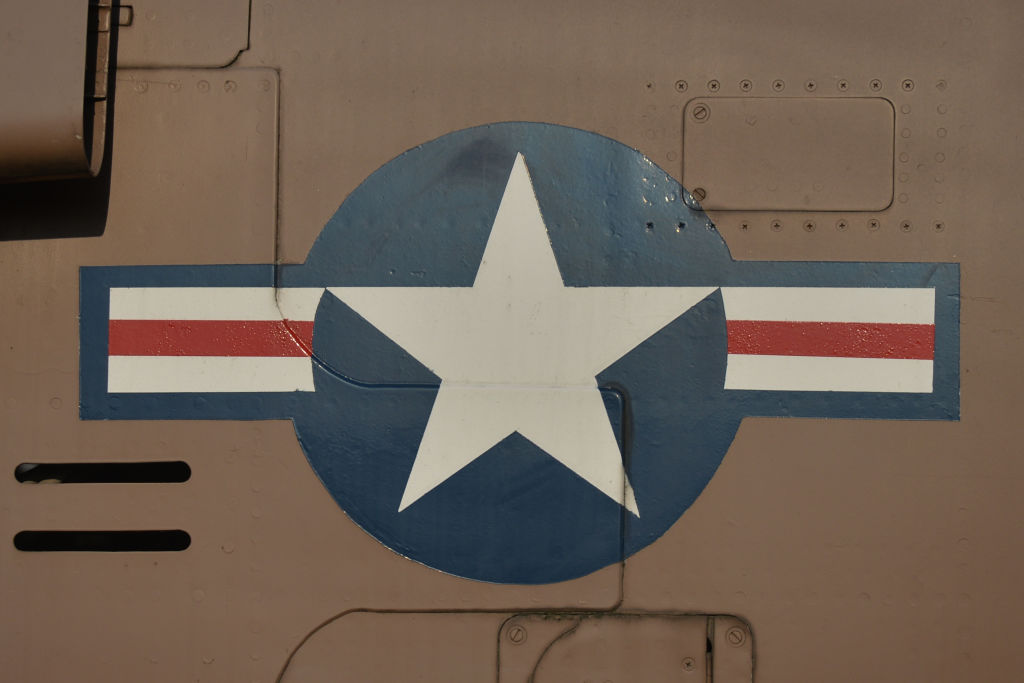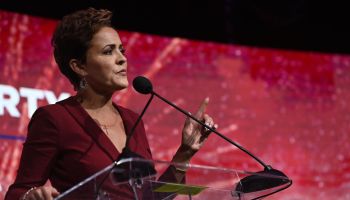From the Buffalo News:
Four years ago, Evita Broughton celebrated Kwanzaa for the first time with her family – lighting a candle each night and discussing the respective principle.
But she hasn’t celebrated the holiday since.
“It felt like a school project that lasted seven nights,” said Broughton, 27, of Marietta, Ga. “I didn’t feel like I had that connection. I tried to share my experiences with others but no one else was celebrating it.”
RELATED: NewsOne’s First Annual Kwanzaa Awards
Kwanzaa, which runs from Dec. 26 to Jan. 1, may be a mainstream holiday with greeting cards, postage stamps and public celebrations, but experts say its popularity is receding.
It will not be getting a boost from the first family. The Obamas do not personally celebrate Kwanzaa, according to White House aides, though a written message from the president is likely, in keeping with the practice of his most recent predecessors, Presidents George W. Bush and Bill Clinton.
Kwanzaa was created in 1966 by Maulana Ron Karenga, a professor at California State University, Long Beach, who is also executive director of the African American Cultural Center in Los Angeles.
The holiday was a way for African Americans to honor their culture, but it was also part of the black power movement of the era. The big boom in Kwanzaa came during its first two decades, according to Keith Mayes, author of “Kwanzaa: Black Power and the Making of the African-American Holiday Tradition.”
RELATED: Obamas Join Usher, Mary J. Blige For Christmas Concert
But he said participation has leveled off. Based on his research, he estimates a half-million to 2 million people in the U.S. celebrate Kwanzaa, out of about 40 million Americans identified by the U.S. Census as black, including those who are multiracial.
















